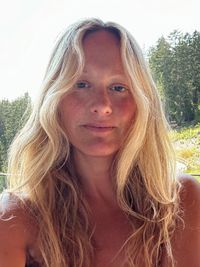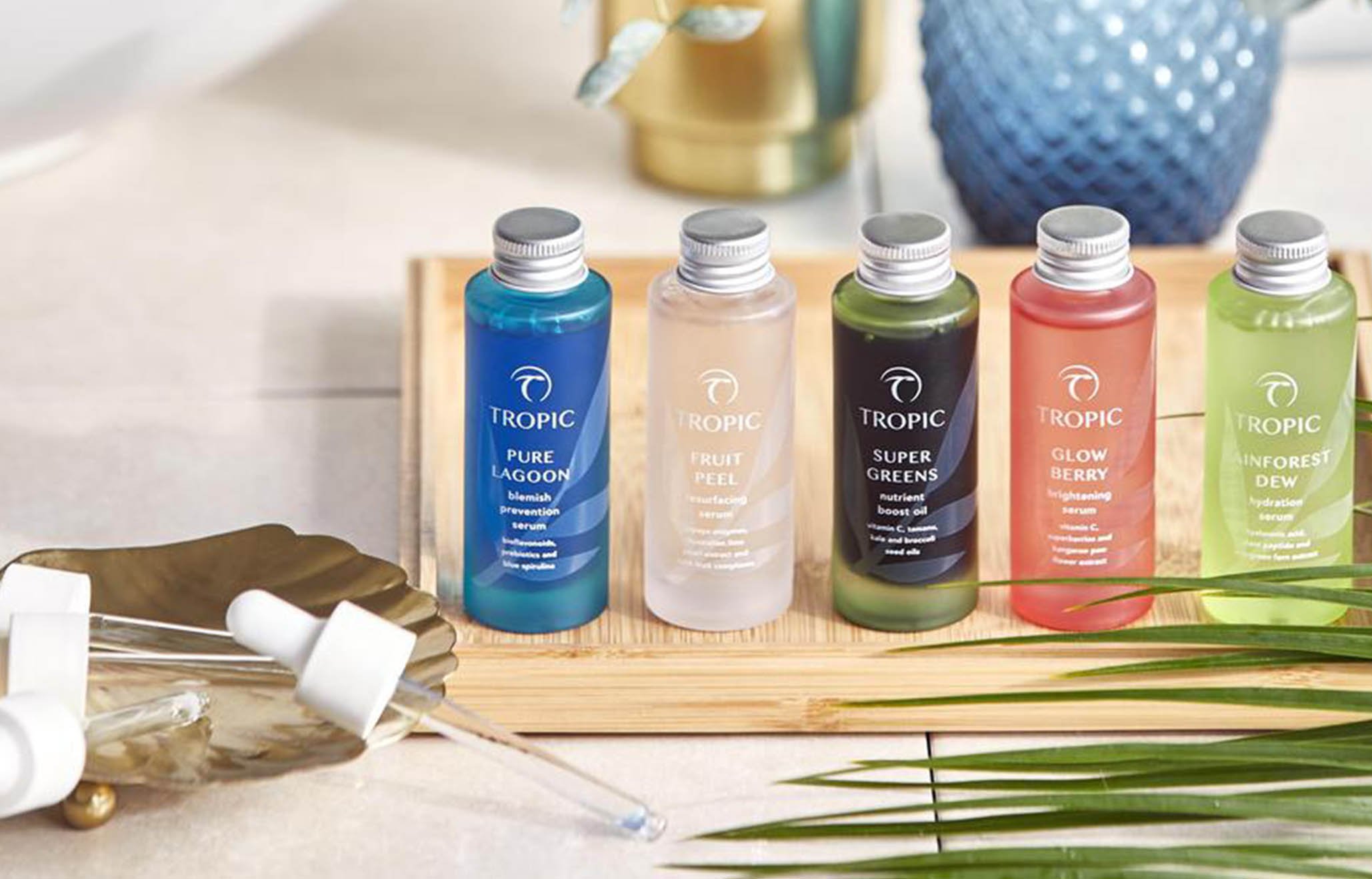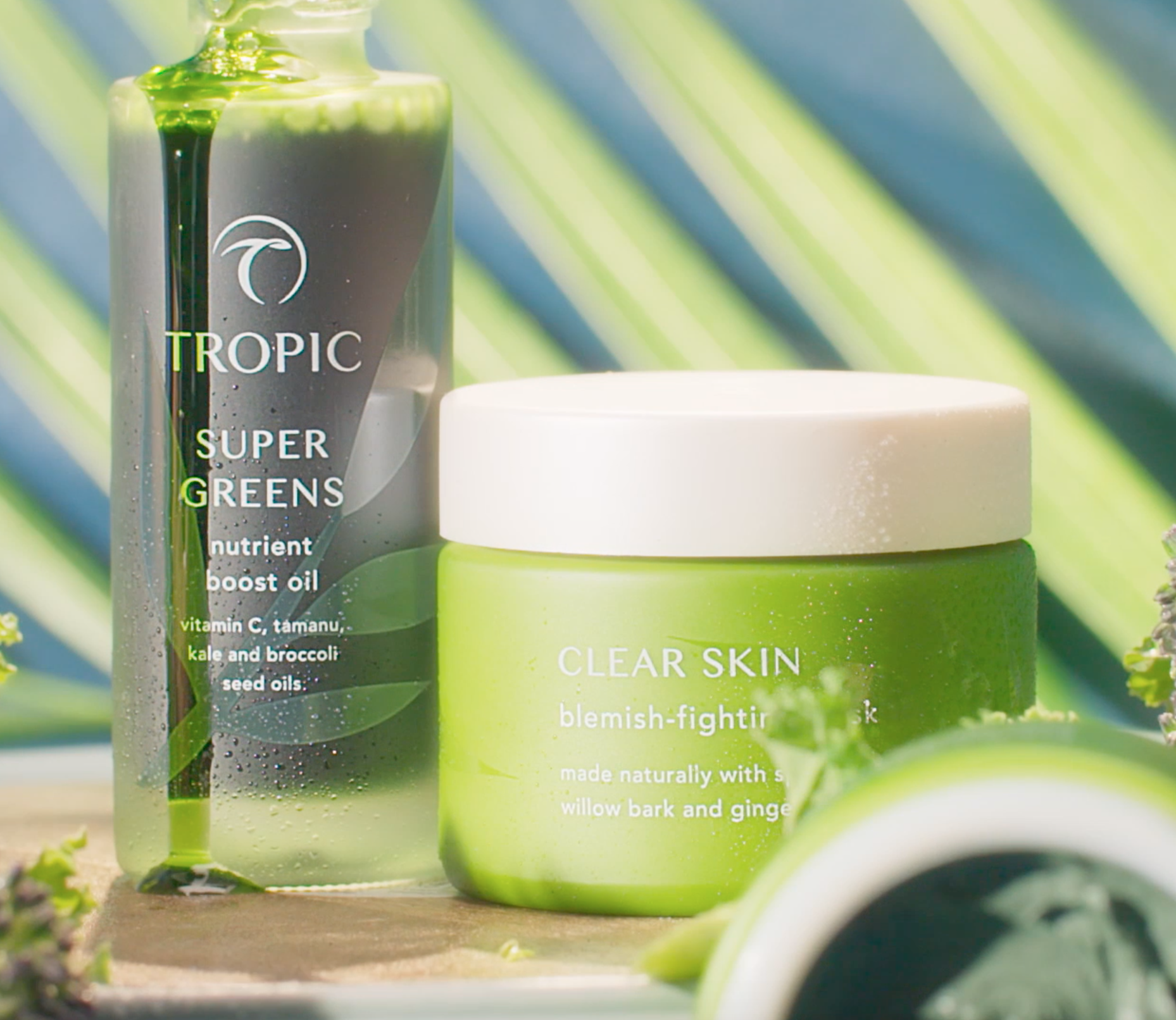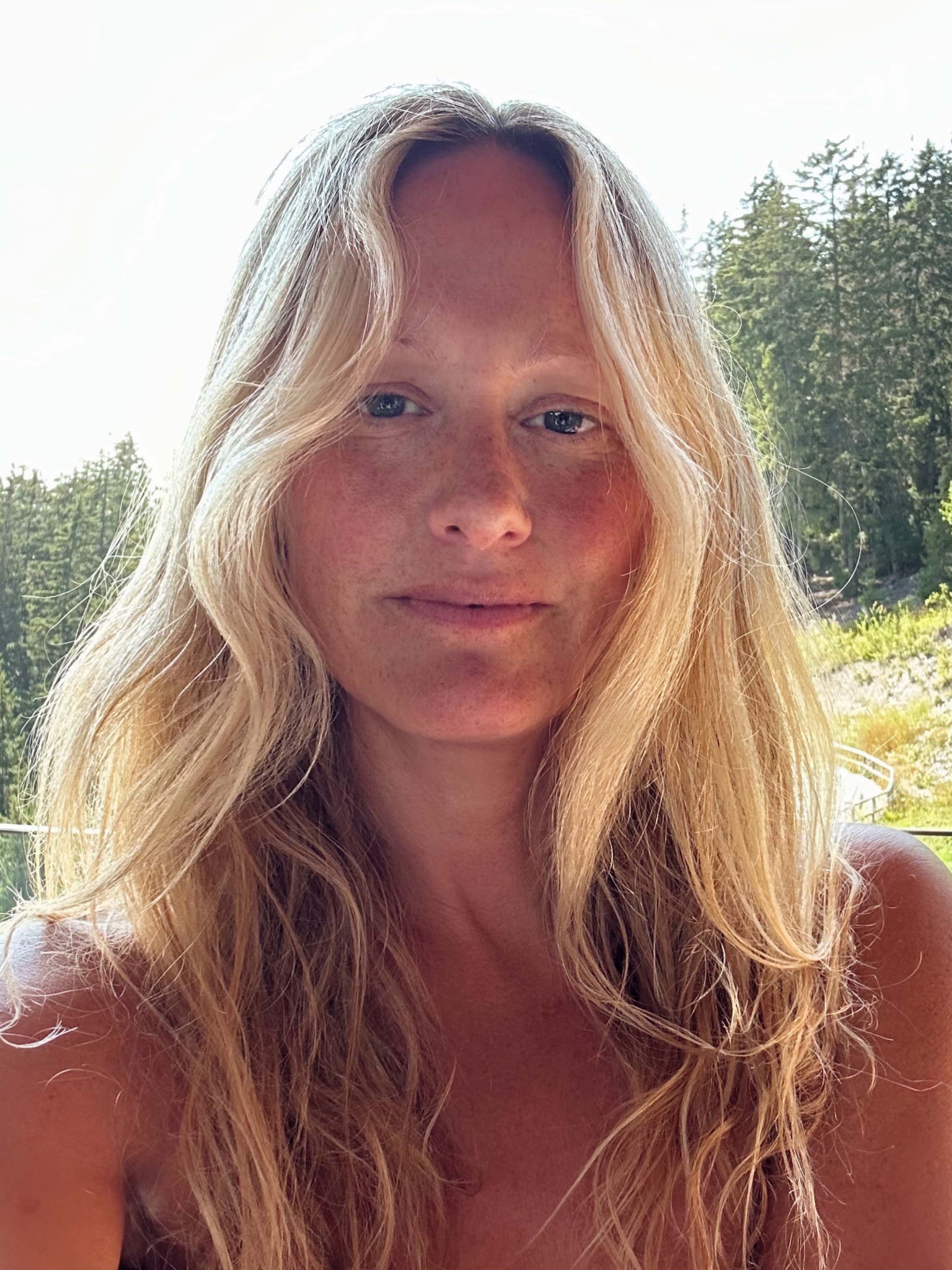What is closed loop beauty and what does it mean for the future of the beauty industry?
In partnership with Soil Association


Closing the loop is one of the biggest sustainability goals for conscious beauty brands - but what does cyclical production really do for the planet and why is it the future for the beauty industry?
Finding innovative ways to reuse the same materials again and again to create new ones is a mammoth task, especially when products have limited shelf-lives and rely on packaging to stay in tip-top condition. However, if the beauty industry were to operate a system that largely works on closing the loop, it would help tackle climate change and slow our demand for the earth’s scarce resources.
This is where organic farming comes in; by using what’s to hand, limiting the number of imported resources that are being used in production, and working with nature, the loop can be closed. The Soil Association is one organisation that works with the founders of beauty and wellbeing brands to ensure that their supply chains look less like a ladder and more like a continuous planet-friendly circle.
Watch our interview with Susie Ma, founder of Tropic, below:
What is 'closing the loop'?
A closed loop system is what the industry calls cradle to cradle, or C2C, production. It is a sustainable reframing of the supply chain that promotes the constant evolution and reuse of products and resources. The old-fashioned production model of ‘make, use, dispose’ is to blame for the 120 billion units of beauty packaging that are thrown away every year and the mere 9% of it that is recycled. However, as customers become more and more interested in reusables and refillable packaging and brands start backing the growing buying power behind it, a closed loop beauty industry is on the horizon.

Why is Tropic leading the way?
One brand spearheading the movement towards a more cyclical beauty industry is Tropic. Powered by an acute awareness of the finite nature of the Earth’s resources, founder Susie Ma is dedicated to raising the beauty bar when it comes to closing the loop and creating a more sustainable planet for future generations.
By partnering with initiatives like the Acre Amazonian Rainforest Conservation project, which prevents deforestation in South America, the brand removes twice the amount of greenhouse gasses it emits. This dedication to carbon neutrality means that the team at Tropic has stamped out their own carbon footprint, and then some.
If that wasn’t enough, 0% of the brand's waste went to landfill last year. Helped along by their refills and eco-conscious Green HQ, the brand was able to recycle 122 tonnes of waste last year - and everything that couldn’t be recycled was used as alternative fuels.
Celebrity news, beauty, fashion advice, and fascinating features, delivered straight to your inbox!
Tropic has come full circle with their carbon footprint and their waste, but what about their ingredients? Well, in the last year five Tropic products have received the COSMOS certified organic stamp of approval. This means, from ingredient sourcing and factory processing to packaging, these products are vetted by the Soil Association to ensure that all aspects of their supply chains adhere to organic production regulations. The Tropic team are currently working on making their entire core skincare line organic and refillable by early next year.

Why do we need to act fast?
As the global population continues to grow, so does the over-exploitation of resources like natural gases and plants. If we continue to rely on the extraction of natural resources for new products, the ecological balance of the world will become unstable. This poses a threat to biodiversity, soil fertility and the long-term health of people and the planet. By increasingly following cyclical production processes, the beauty industry is doing its bit to conserve and maintain natural resources.
What can we do?
While big brands are responsible for closing the loop at a business level, they are relying on us to make changes too. For example, instead of buying a brand-new bottle of your favourite shampoo, find a beauty refill station. Before you stock up on your favourite skincare, take time out to see if the brand is doing all it can to give back to nature.
“We often see lots of promises from large brands who say that in the next 10 years we’ll do this, in five years we’ll do that, we’re going to be aiming for XYZ, but it feels empty, it’s a case of what is being done right now, right here to really make a difference. The future looks pretty dire – we are looking at oceans potentially being empty in the next 50 years, insect population is completely deteriorating over the next century, so we have to look at the long term sustainability for the good of the planet, and not be driven by short-term profit.” - Susie Ma
On top of your beauty routine, do your bit in the production cycle by recycling the packaging and separating your food waste, creating your own compost heap. By following these simple steps, you are making sure that not only do your plastics get given a new life, but you are also nurturing fertile and healthy soil for the wildlife that calls your garden home.
Lisa Oxenham is a trailblazing beauty editor, journalist, stylist, and creative director with over 20 years of transformative impact in the beauty industry. As the Beauty and Style Director at Marie Claire UK, she orchestrates high-profile shoots with celebrities and influencers, creating visually stunning and globally resonant content.
A passionate advocate for sustainability, Lisa serves on the Advisory Board for the British Beauty Council's Sustainable Beauty Coalition and the Media Advisory Board. She is also an ambassador for the Soil Association certification and the Amazon Research Institute. Through her "In The Loop" column, she keeps readers informed about the latest advancements in sustainable beauty and supports brands that champion environmental causes, emphasising the need for the beauty industry to reset its priorities.
Lisa's influence extends beyond words; she directs inspiring short films on sustainability and challenges in the beauty industry and is a sought-after public speaker. Recently recognised in the Who’s Who in Natural Beauty 2023, she also champions mental health and eco-conscious practices, demonstrating that glamour and environmental responsibility can coexist beautifully.
